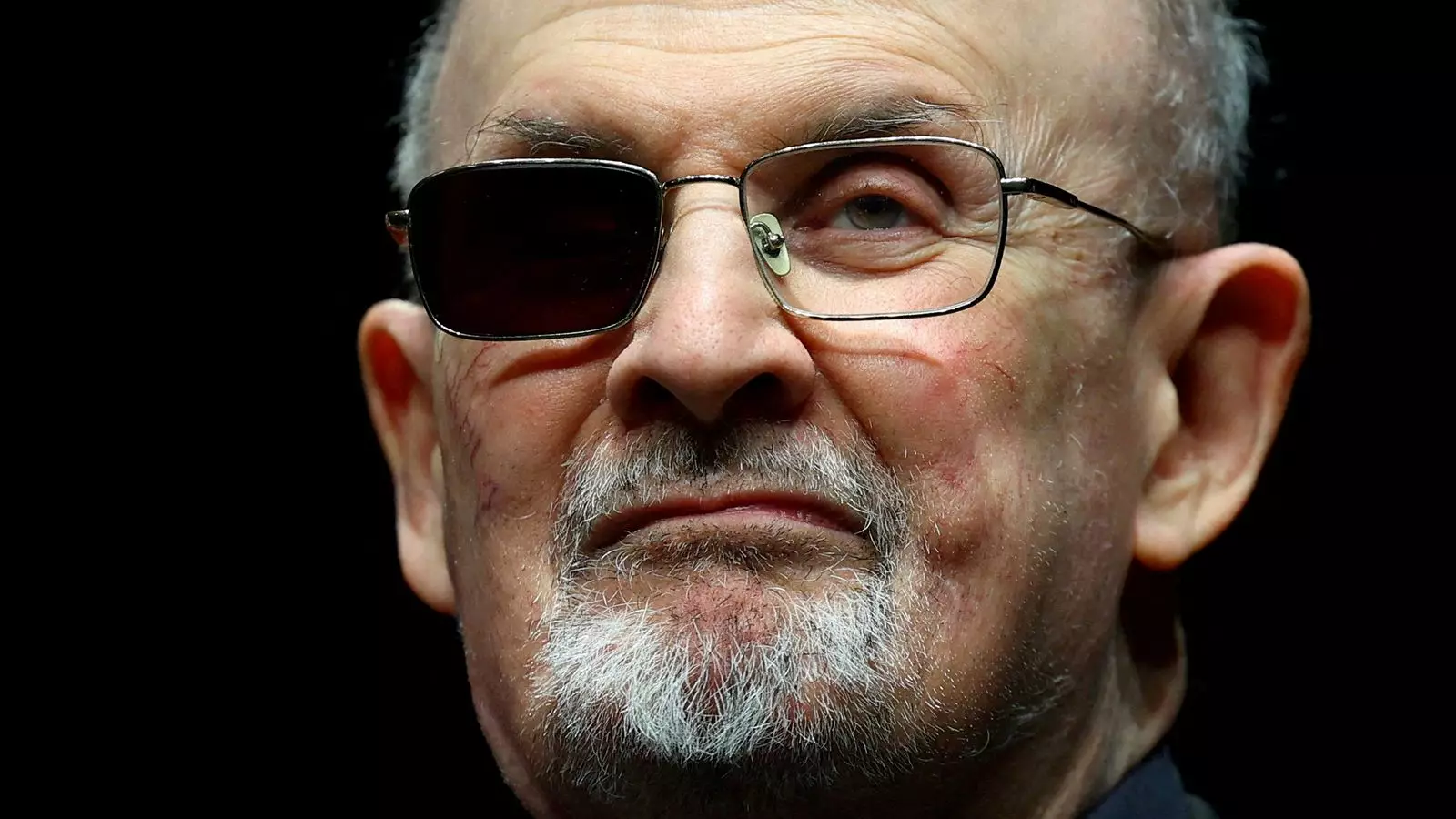On a fateful August 12, 2022, the literary world was rattled when renowned author Sir Salman Rushdie was brutally attacked while preparing to speak at the Chautauqua Institution in New York. The 77-year-old British-American writer, notorious for his book *The Satanic Verses*, became the target of a violent assault that left him with serious injuries, including partial blindness and damage to his hand. The incident underscores the persistent dangers faced by writers and intellectuals advocating for free expression in contemporary society, where extremist views continue to provoke violence.
The attacker, 27-year-old Hadi Matar, was found guilty of attempting to murder Rushdie after a trial at Chautauqua County Court that lasted a mere fraction of the time it takes to process the severe implications of such an act. The jury deliberated for less than two hours before returning their verdict, which also included a conviction for assault against audience member Henry Reese. This rapid conclusion speaks volumes about the evidence presented and the gravity of Matar’s crime, characterized as premeditated and heinous.
In the wake of the attack, Sir Salman Rushdie faced a grueling recovery process, grappling with not only physical injuries but the psychological toll of the experience. His testimony in court brought the trauma of that day back to life. Rushdie recounted the moment of the attack, marked by the chaos and confusion that transformed a public speaking engagement into a scene of horror. He described the shock of realizing that he was being stabbed and the ensuing panic as blood soaked through his clothing. It was a stark reminder of the perilous intersection between literary expression and fanaticism.
The irreversible damage sustained by Rushdie, who had long been a vocal advocate for artistic freedom, raises critical questions about the extent to which individuals can express their views without facing violent retribution. His situation represents a broader commentary on the suppression of dissenting voices and the extreme measures taken by those who oppose them.
The trial itself did not merely serve as a legal adjudication but also highlighted societal divisions regarding freedom of expression and the repercussions of extremist ideologies. District Attorney Jason Schmidt’s closing arguments emphasized the “unprovoked” nature of Matar’s assault on Rushdie, urging jurors to consider not only the physical act of violence but the intentions behind it.
Yet Matar’s defense team attempted to diminish the gravity of the attack, arguing that there was insufficient evidence to prove that he intended to kill Rushdie. They contended that the prosecution had failed to demonstrate Matar’s conscious objective. Matar’s muted reaction to the verdict — a quiet declaration of “free Palestine” as he was led away — suggests that he may have perceived his actions as part of a political struggle rather than as an act of unqualified aggression.
This juxtaposition of viewpoints reveals the complex undercurrents of ideology that can propel individuals to violence. It also raises questions about the ethical boundaries of political expression versus the right to life and safety.
The aftermath of Matar’s conviction inevitably spills over into discussions about the state of freedom in societies plagued by extremist ideologies. His case serves as a reminder that when individuals feel empowered to silence voices they disagree with through violence, the very fabric of civil society is at stake. It compels us to scrutinize the systems in place that either condone or resist such acts.
Moreover, Matar now faces additional legal challenges, including a potential federal indictment for terrorism-related charges. This situation further complicates the narrative and raises the stakes regarding how authorities perceive and respond to threats against individuals based on their ideas.
As the literary community and beyond reflect on this harrowing case, the resilience of those like Salman Rushdie may inspire a greater commitment to defending free speech against encroachments of violence. It is a call to action to protect, support, and advocate for those who dare to voice unpopular ideas in an increasingly polarized world.

Leave a Reply